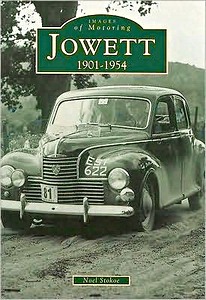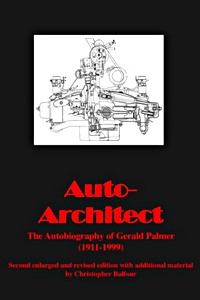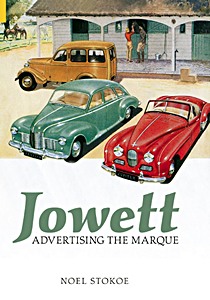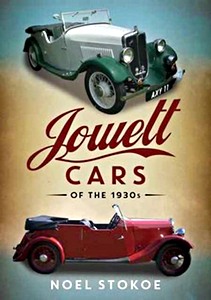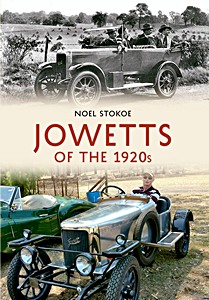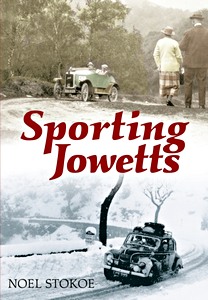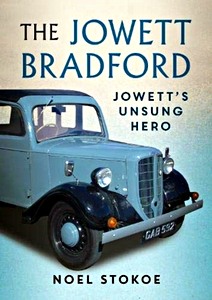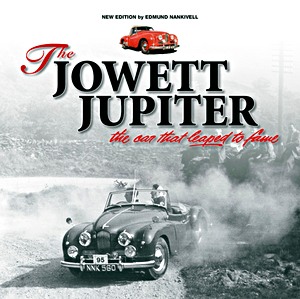Jowett - A Century of Memories
In 1906, brothers Benjamin and William Jowett designed and built their first car. By 1910, they had begun producing the Jowett, a lightweight, economical car in Bradford. In 2010, Jowett owners gathered in Yorkshire to celebrate the brand's centenary, showcasing a wide range of models, including the Bradford, Javelin, Jupiter, Long Four, and Kestrel.
Although the company closed its Bradford factory in 1954, Jowett vehicles still have a dedicated following. Notable owners have included racing driver John Surtees, actor Peter Ustinov, explorer John Blashford-Snell, and musician Martin Fry, all drawn to Jowett's distinctive character.
Author Noel Stokoe, an expert on Jowett, presents a concise history of the brand, featuring letters from past owners and rare, unpublished images from the archives of the Jowett Car Club, one of the world's oldest single-marque car clubs.
Product details
| Author: | Noel Stokoe |
|---|---|
| Details: | 160 pages, 9.7 x 6.7 x 0.51 in (24.5 x 17 x 1.3 cm), paperback |
| Illustrations: | 110 b&w and color photos |
| Publisher: | Amberley Publishing (GB, 2010) |
| ISBN: | 9781445600871 |
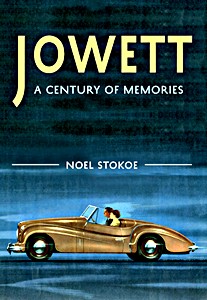
Jowett - A Century of Memories
Language: English
Available on Amazon - safe payment and fast delivery
Buy on Amazon.comBuy on Amazon UK
Buy on Amazon CA

